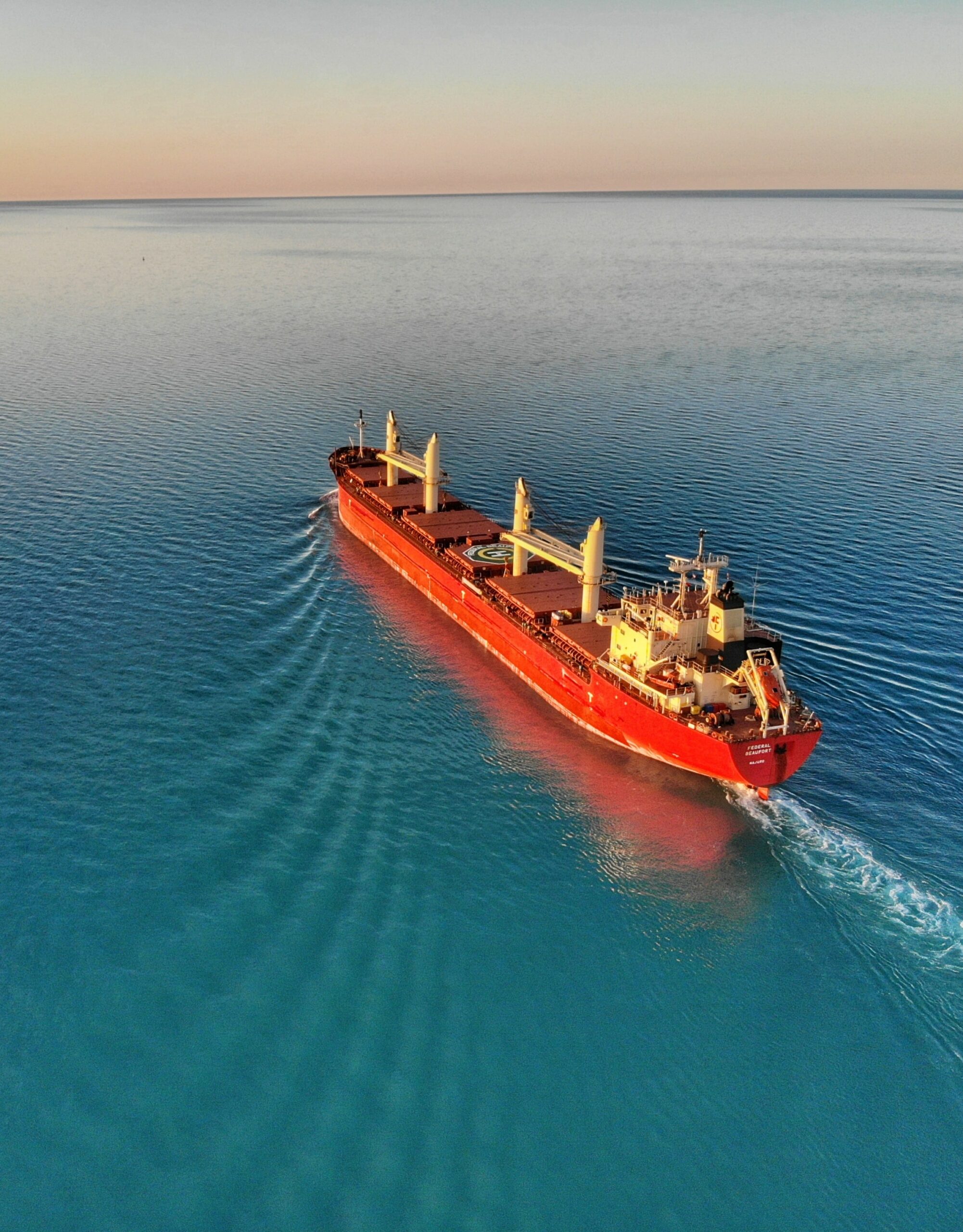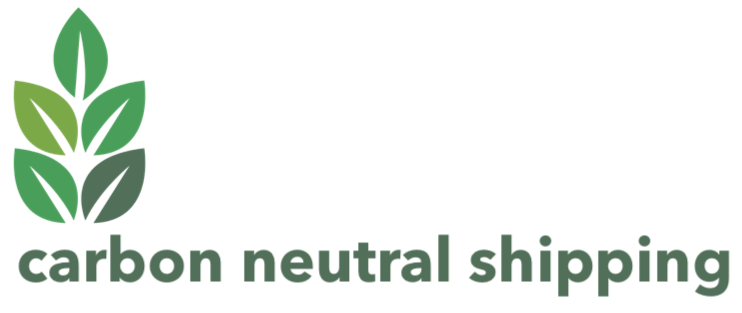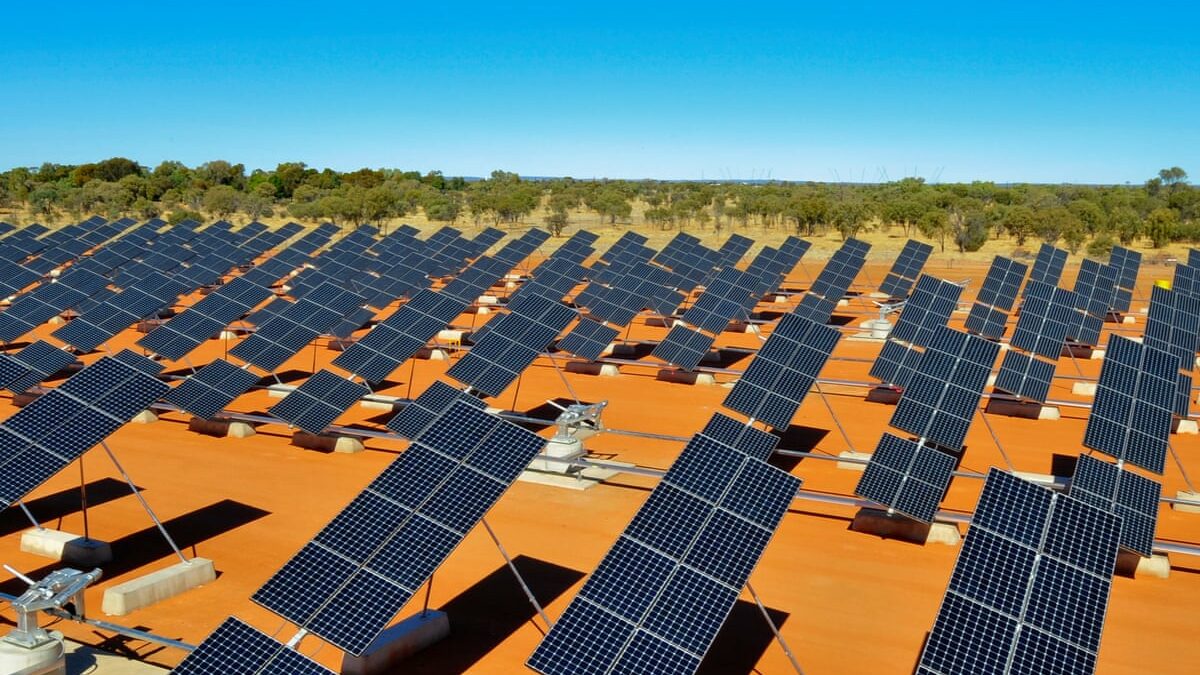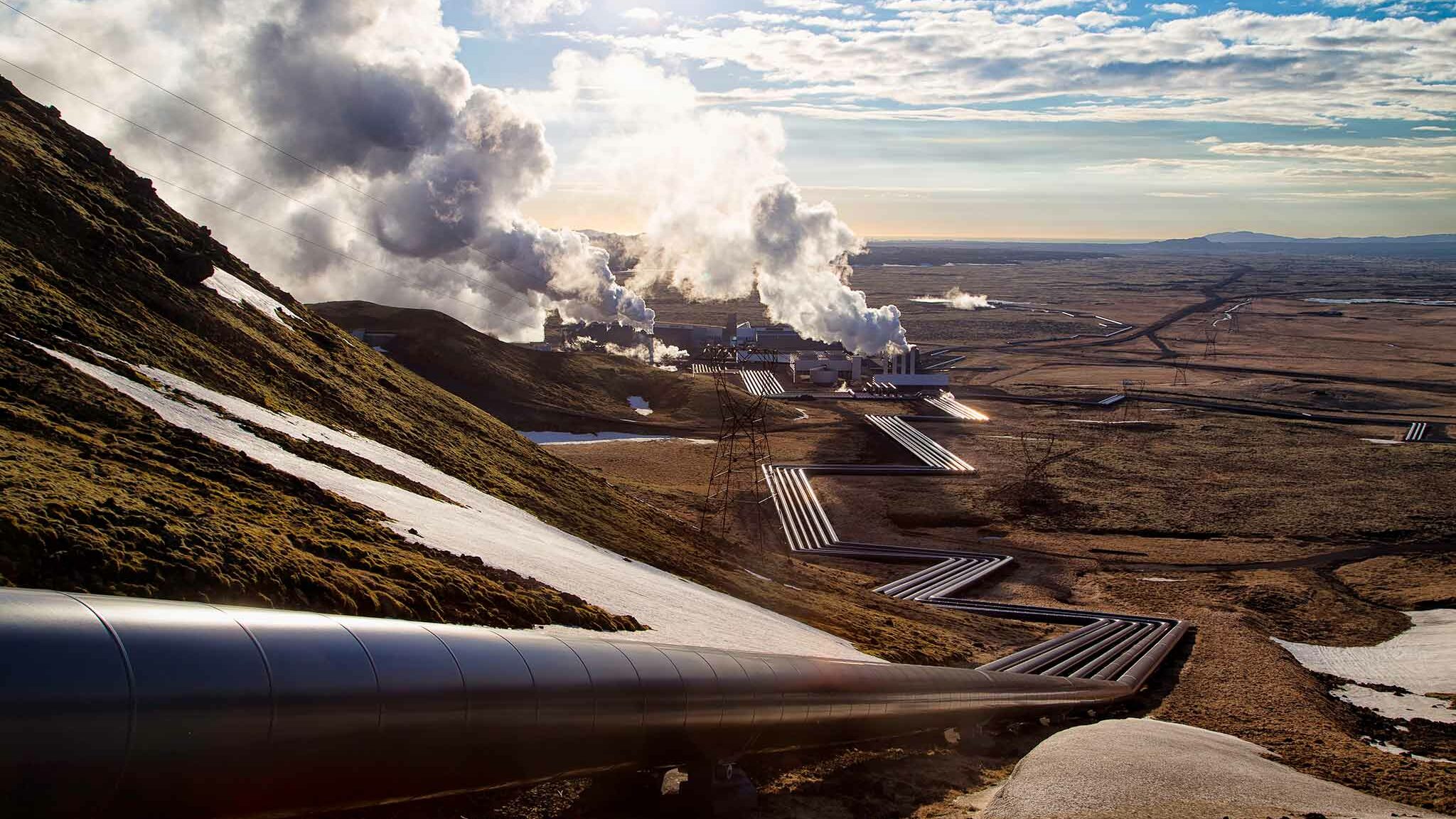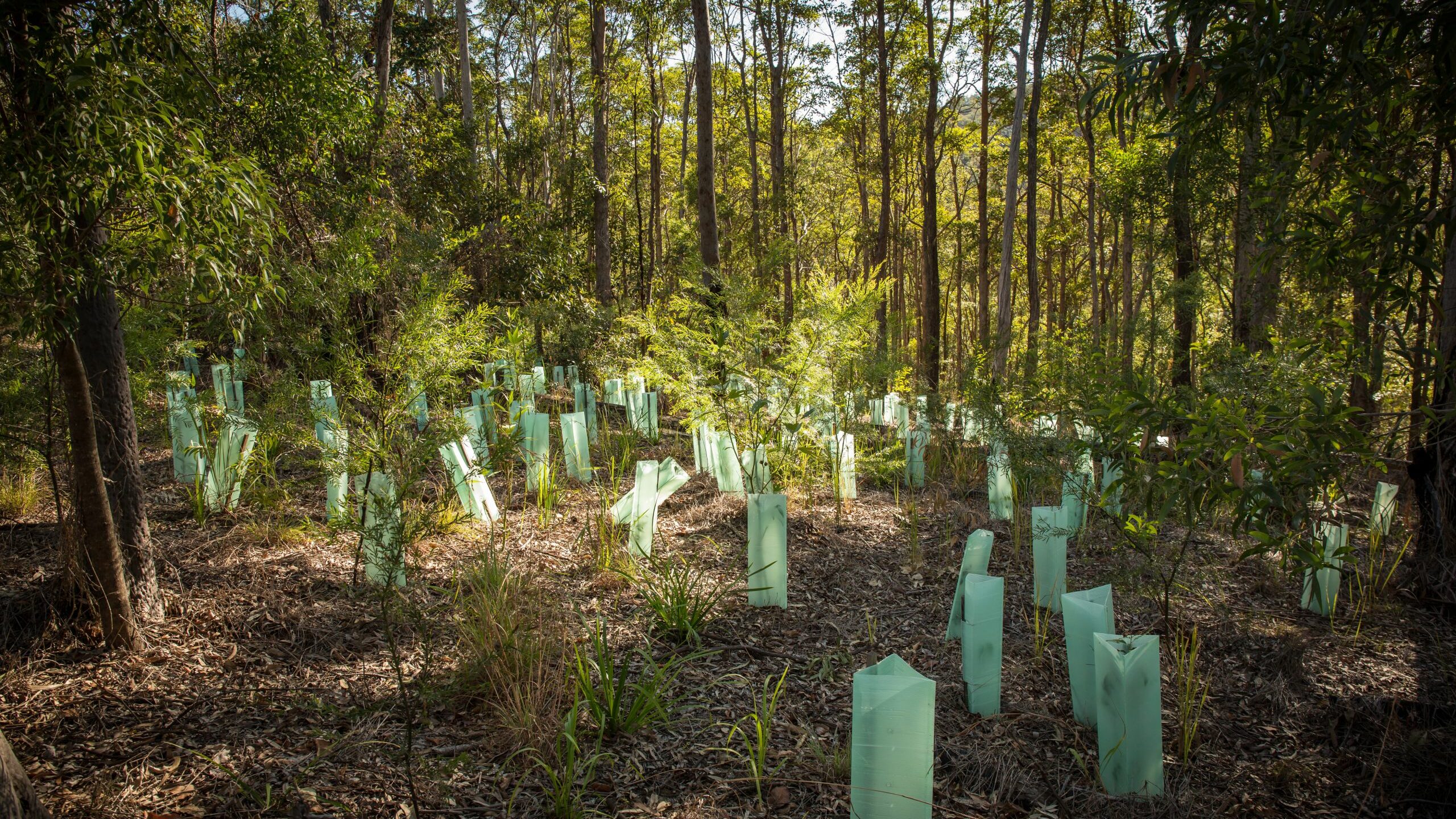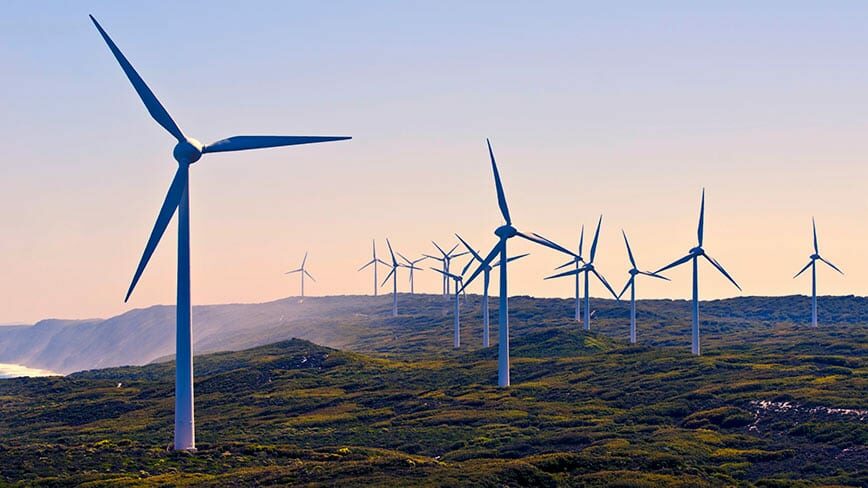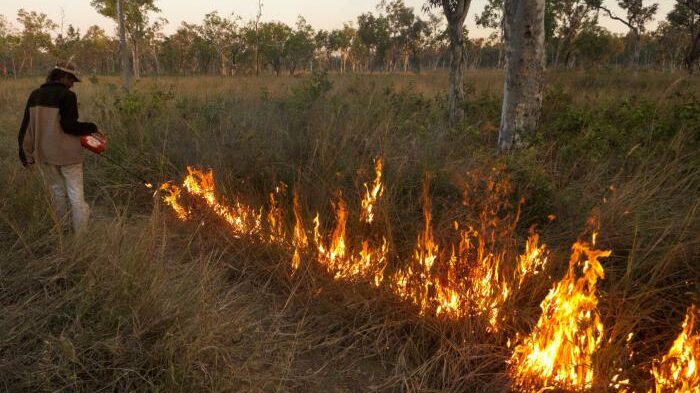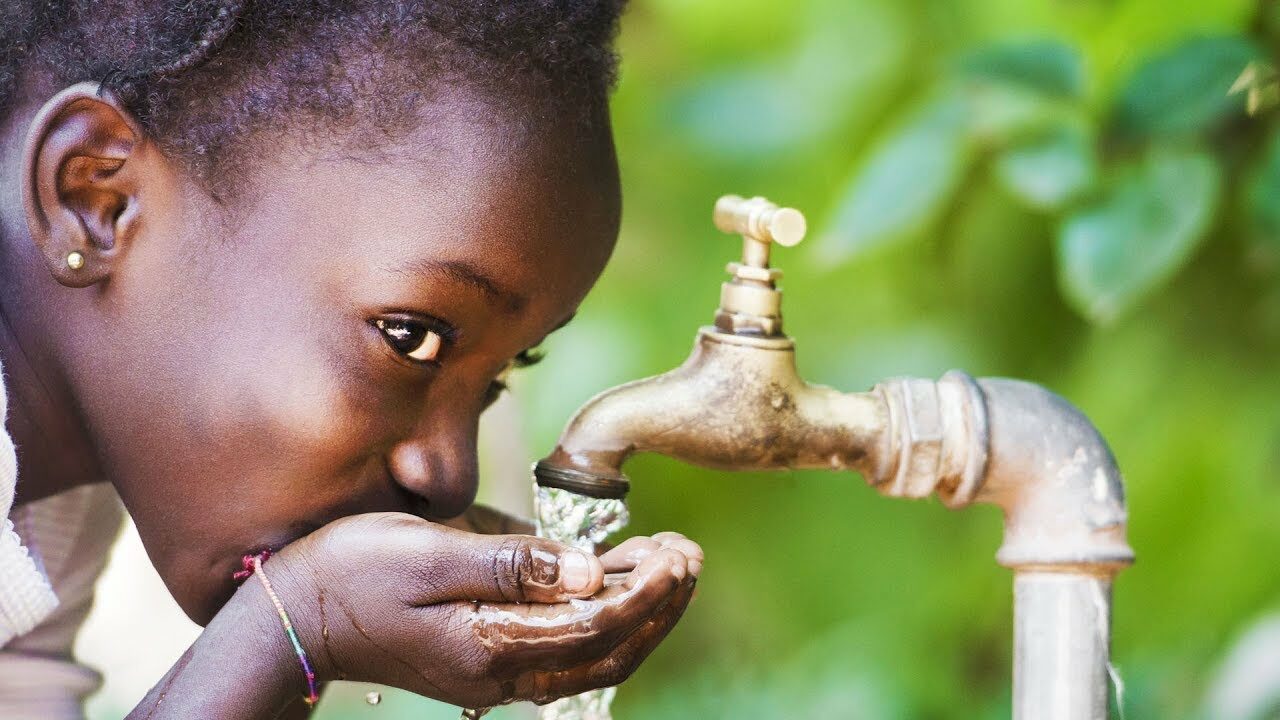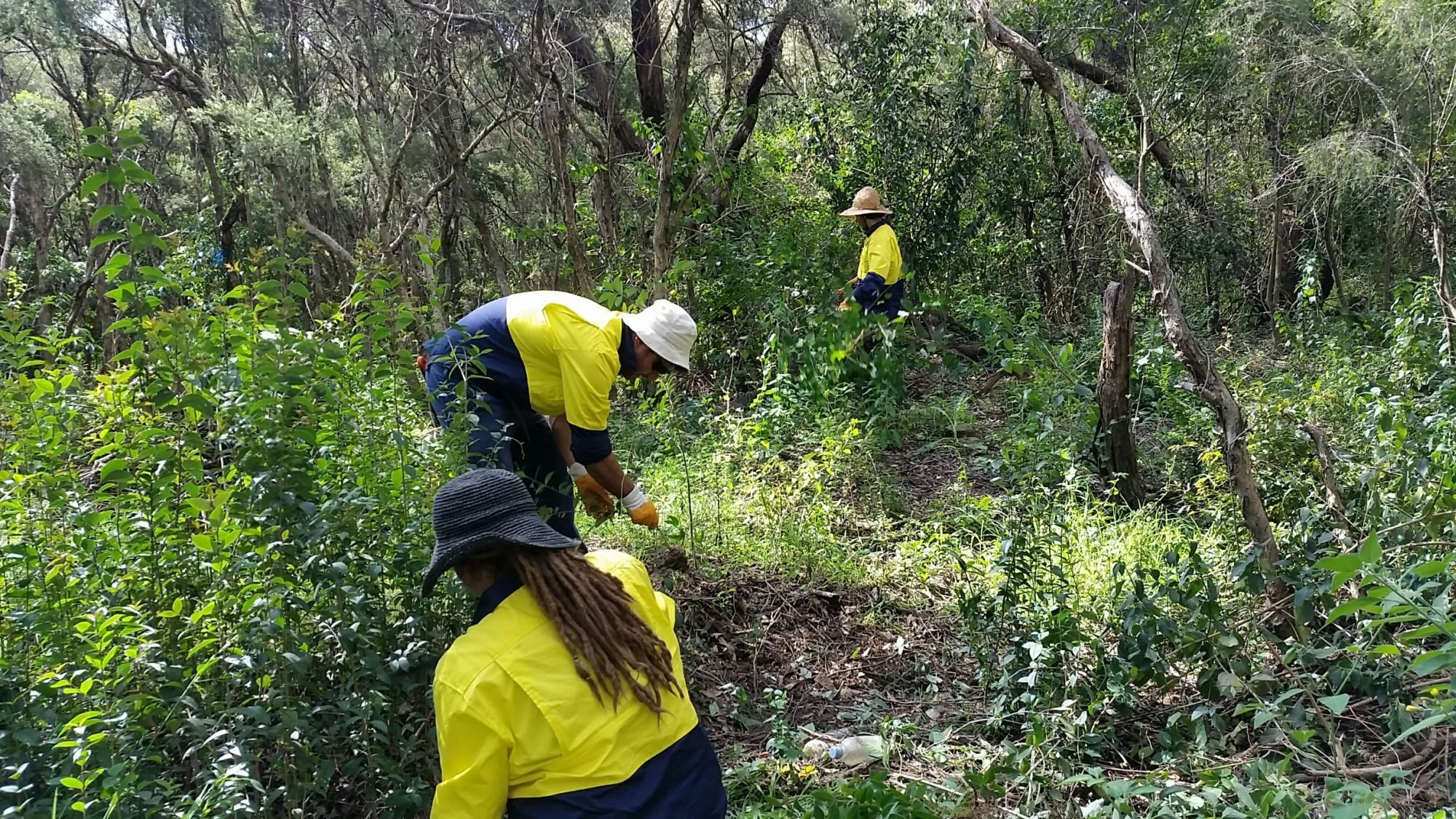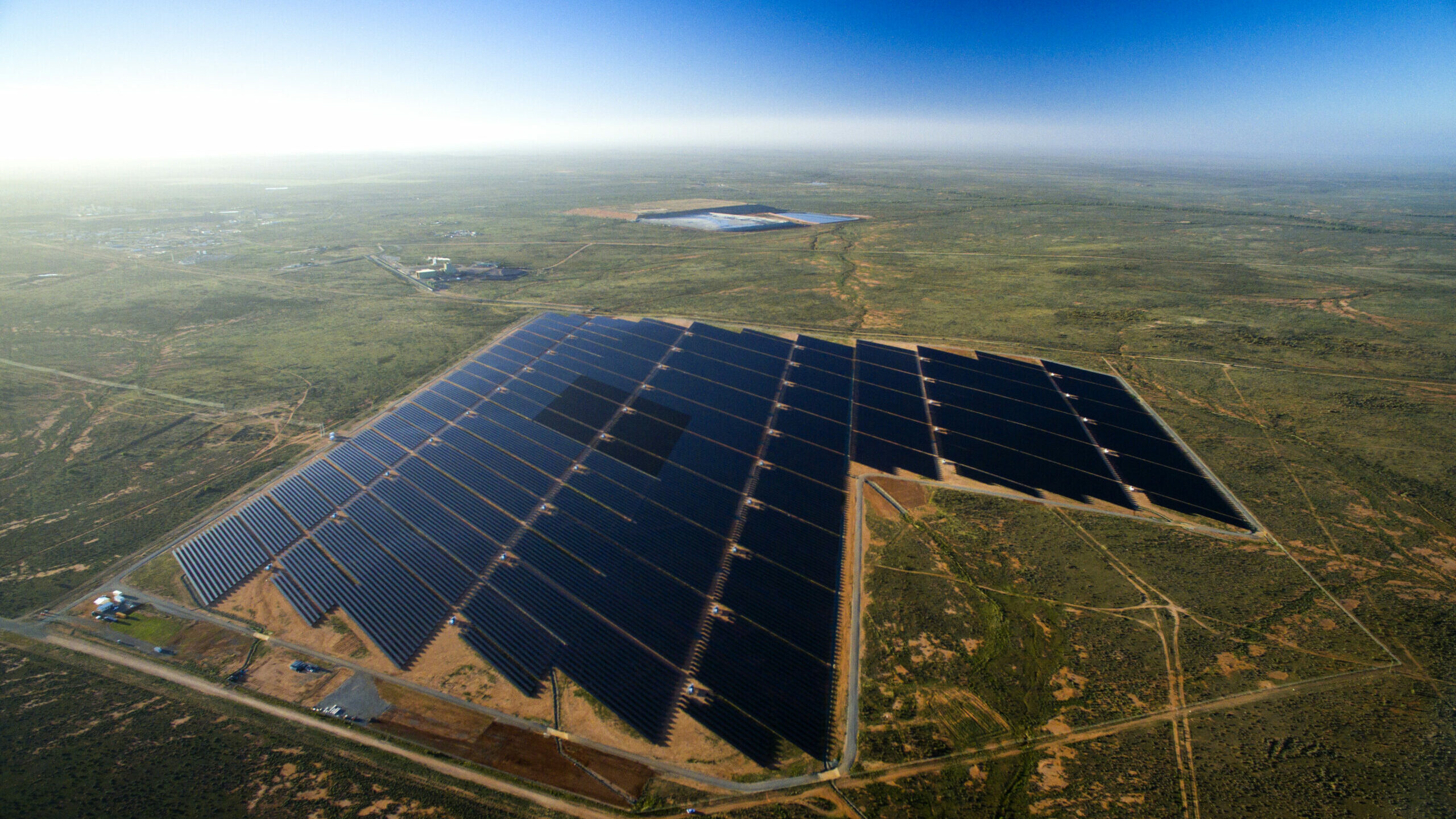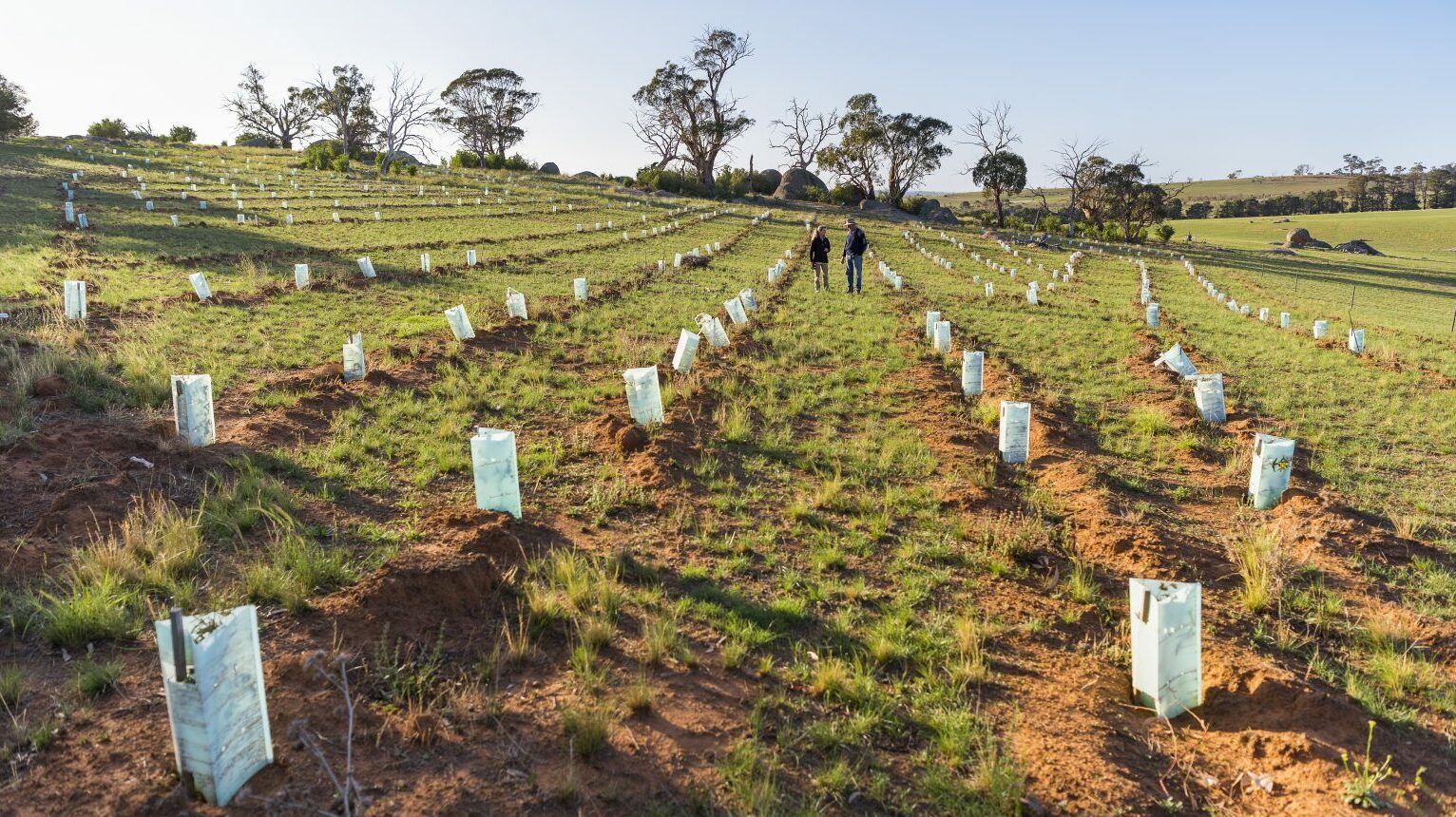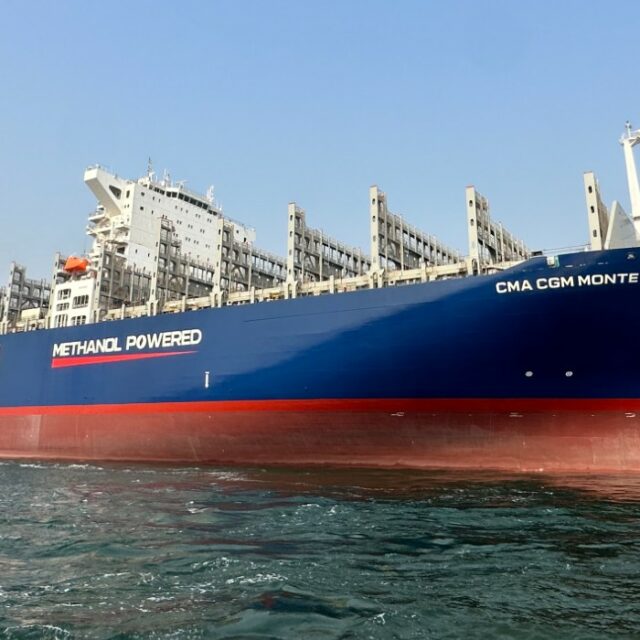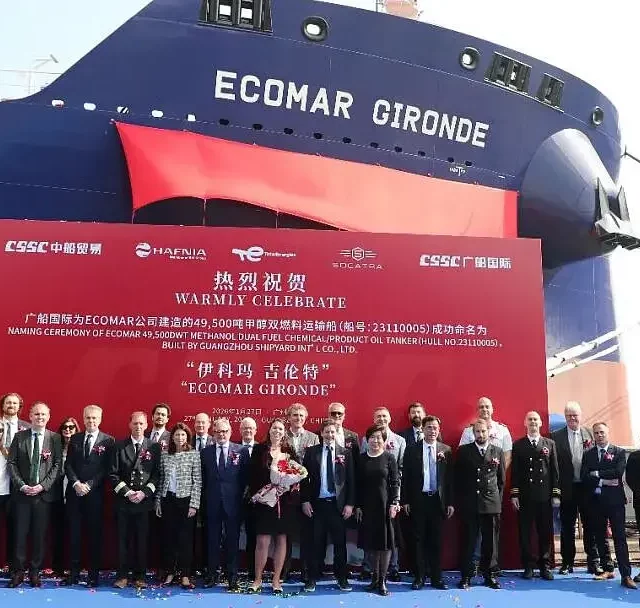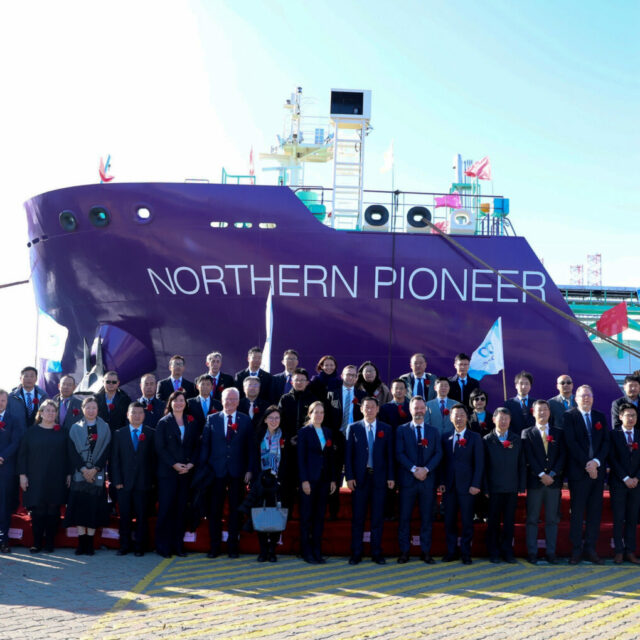BECOME CARBON NEUTRAL
Offset your supply chain emissions.
CALCULATE YOUR EMISSIONS
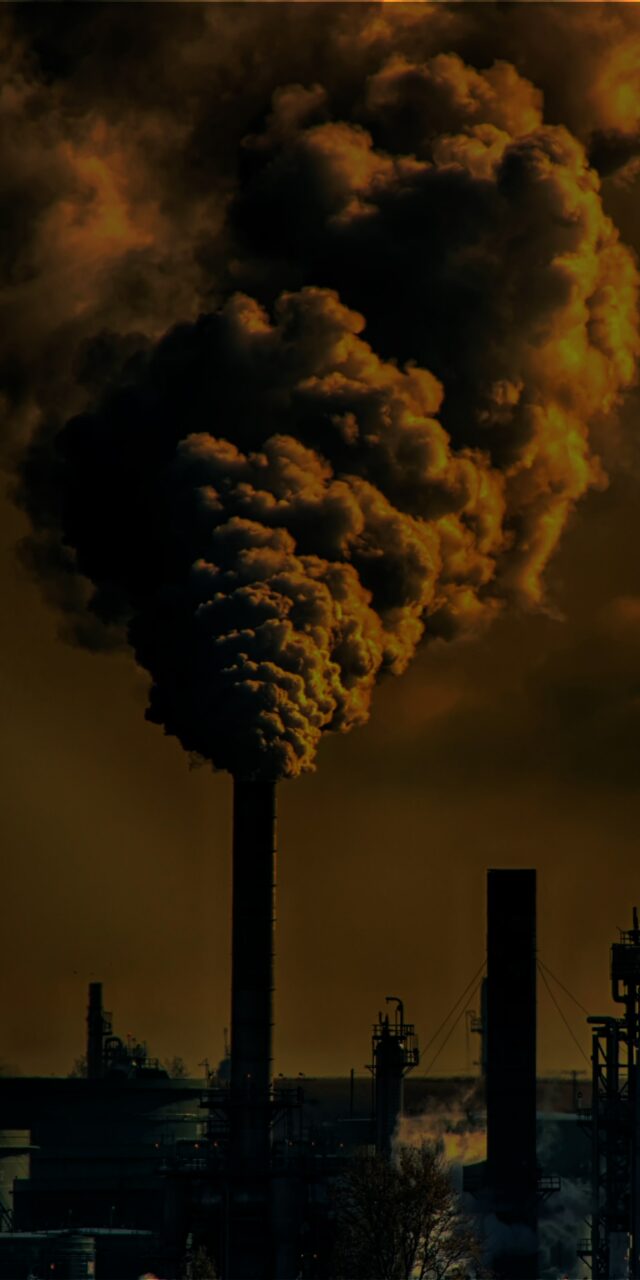
Impact of carbon emissions
our environment through carbon emissions
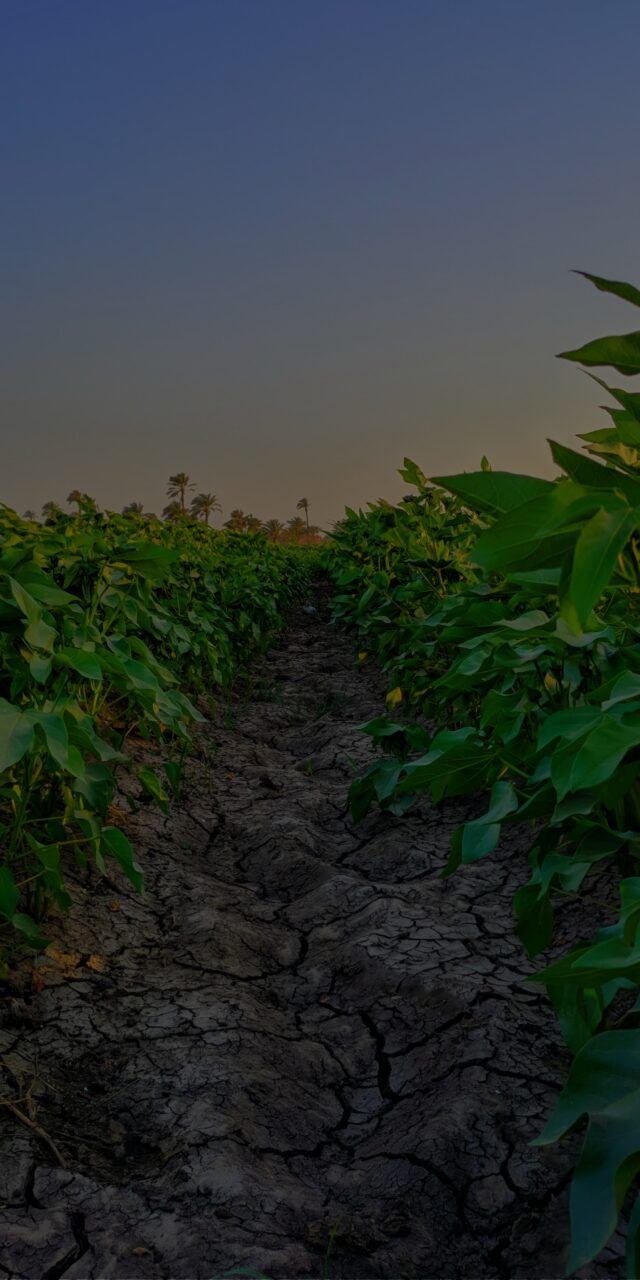
How to become carbon neutral
calculated and how to reduce the environmental impact
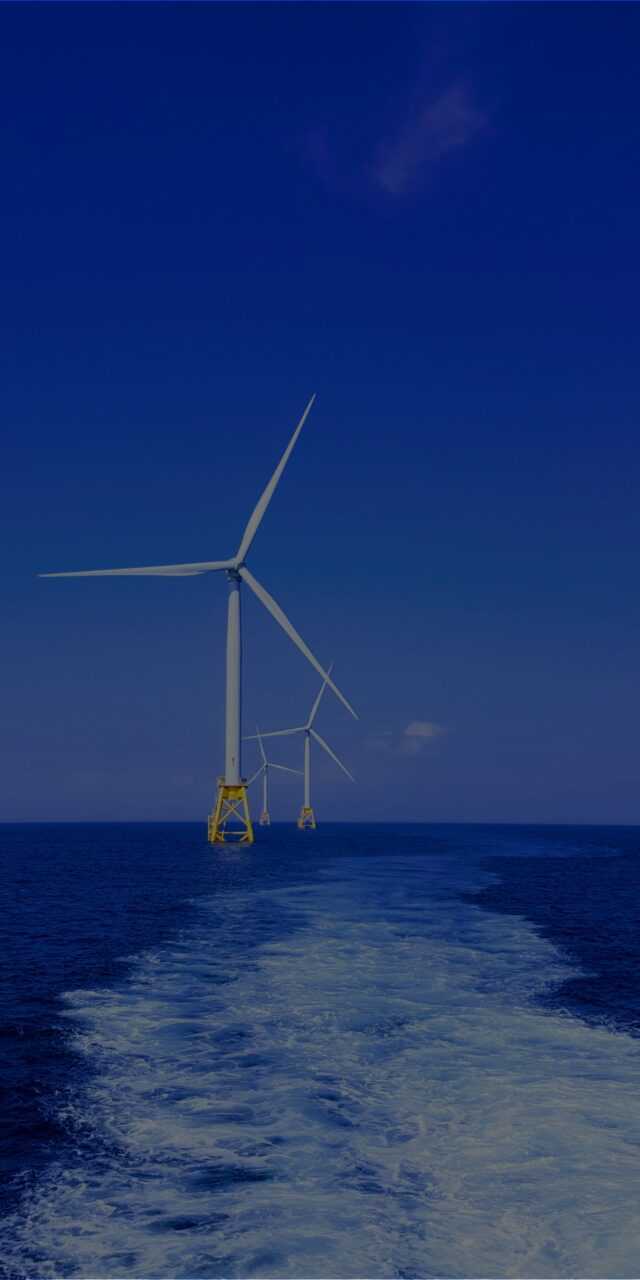
Carbon offset projects
your carbon emissions through our greener earth projects.
FOR A GREENER EARTHCO2 OFFSET PROGRAMS
Collaboratively, working on a global scale to reduce the impact that carbon emissions are having on our planet due to shipping. It is no secret that shipping is fast becoming one of the main contributors of harmful greenhouse gases into the atmosphere. At carbon neutral shipping, we will show you the emission levels of co2 from each of your shipments and how you can offset them. Our climate protection projects enable you to offset the emissions on your shipments and play your part in reducing greenhouse gas emissions.
It is our mission at Carbon Neutral Shipping to provide every business with the capability to minimise the environmental impact across their supply chain caused by Co2 emissions. We work globally with a diverse range of climate protection projects, empowering businesses with the tools to radically reduce carbon emissions within their organisation.
David Aherne
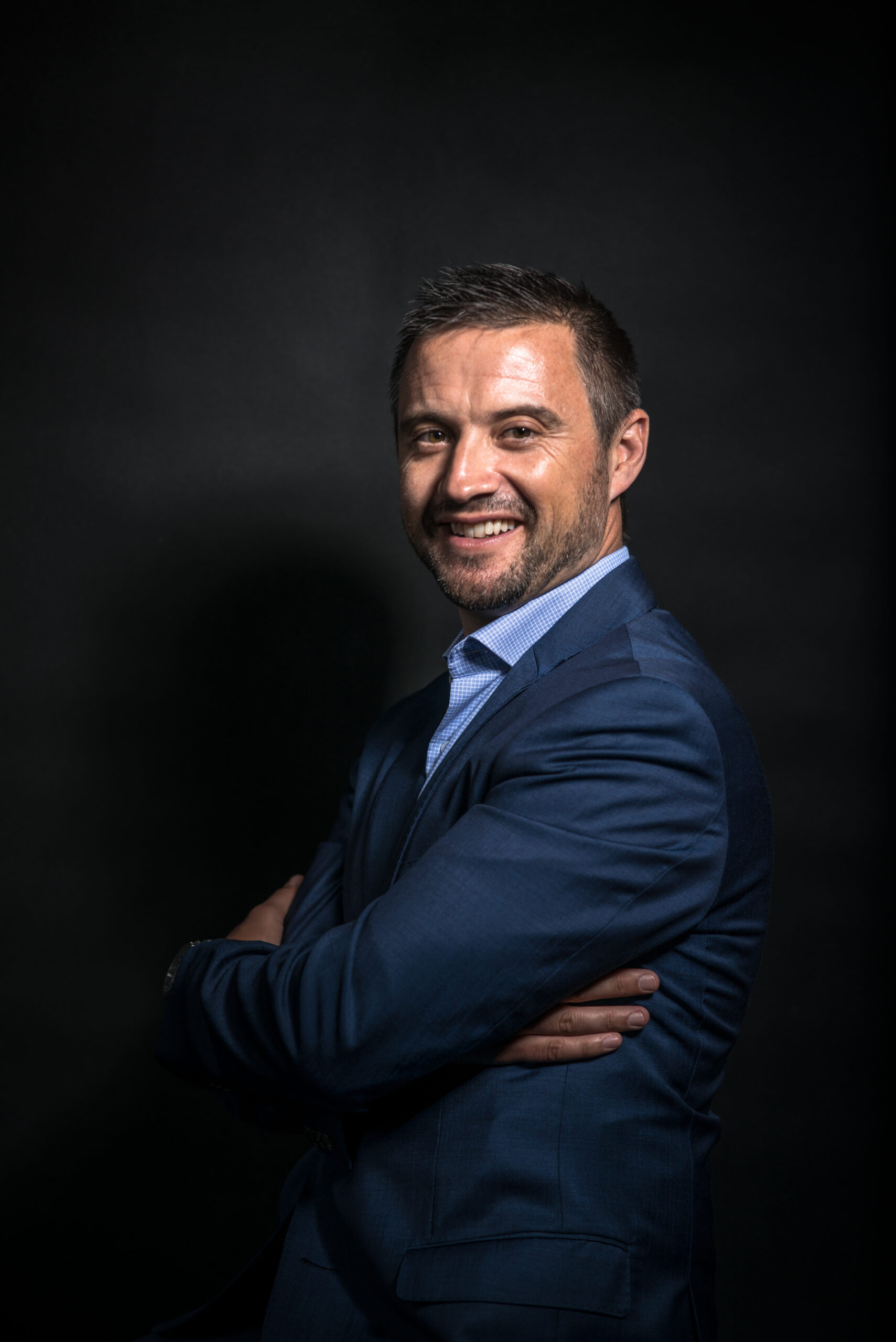
CARBON NEUTRAL SHIPPING AUSTRALIA
At carbon neutral shipping Australia we will accurately calculate the carbon emissions on your shipment based on the following:
- Transport method
- Distance travelled
- Commodity type
- Weight of cargo
Within 48 hours our team will provide you a detailed report on your CO2 shipping emissions and the costs to offset. Carbon Neutral Shipping Australia will provide you with our portfolio of climate protection projects, both local and international, these include:
- Plantation & Biodiversity
- Renewable & Smart Energy
- Poverty & Regeneration
- Land Restoration
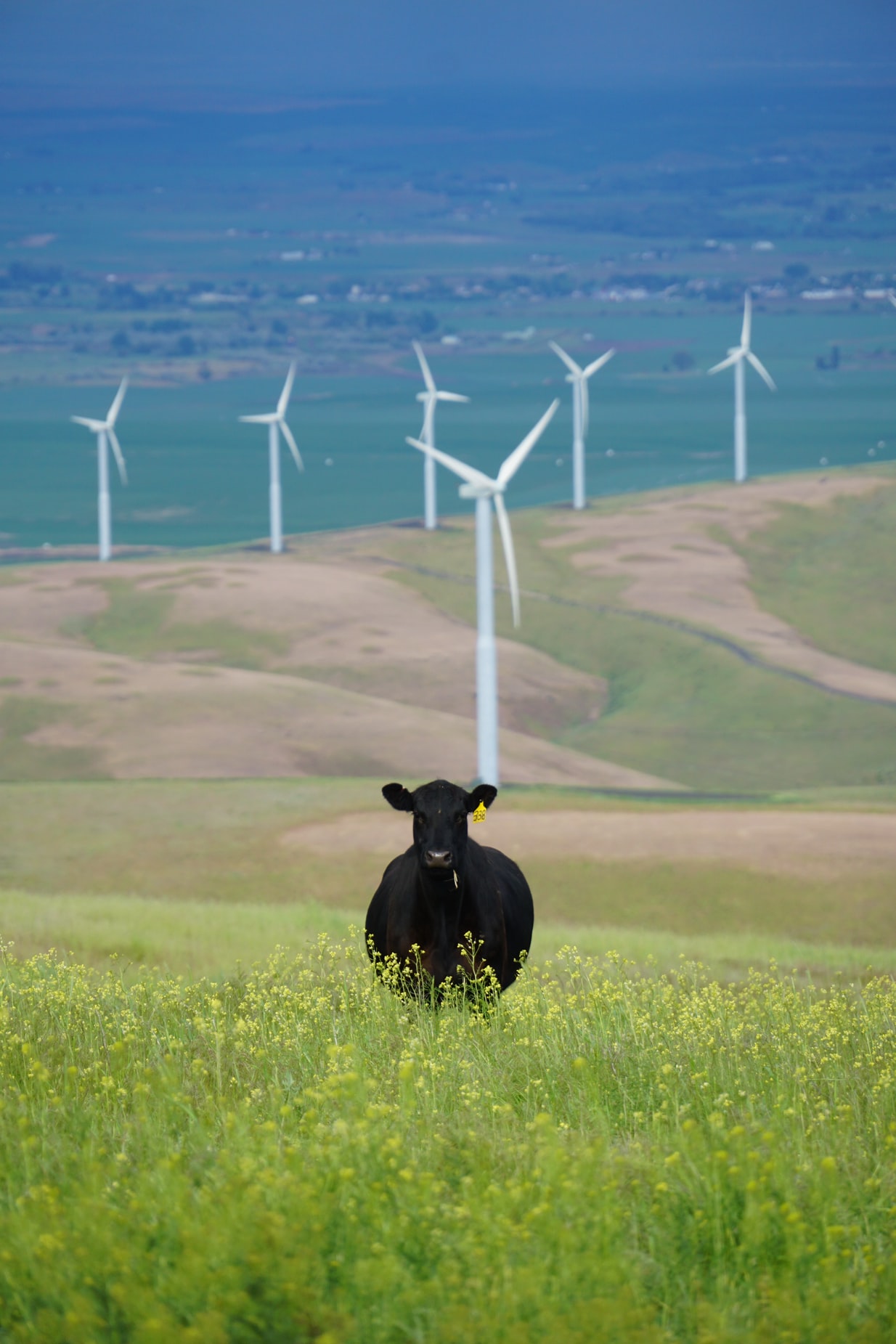
Your process was so helpful, our company is focused heavily on achieving sustainable freight solutions. It was refreshing to partner with a company that provide projects locally as well as internationally. It is great to know that not only are we carbon neutral now, but that we are doing our bit to combat climate change.

GLOBAL SUPPLY CHAIN MANAGER
OUR PROCESS
The Carbon Neutral Shipping process is free and simple, just tell us:
- What you are shipping?
- How do you intend to ship your cargo?
- What is your total cargo weight?
- Where are you shipping from?
- Where are you shipping to?
- Does your cargo require refrigerated storage during transport?
Once we have your information we will calculate your CO2 emissions and within 48 hours one of our team members will be in touch to present your offset cost and a range of our climate protection projects for you to consider.
